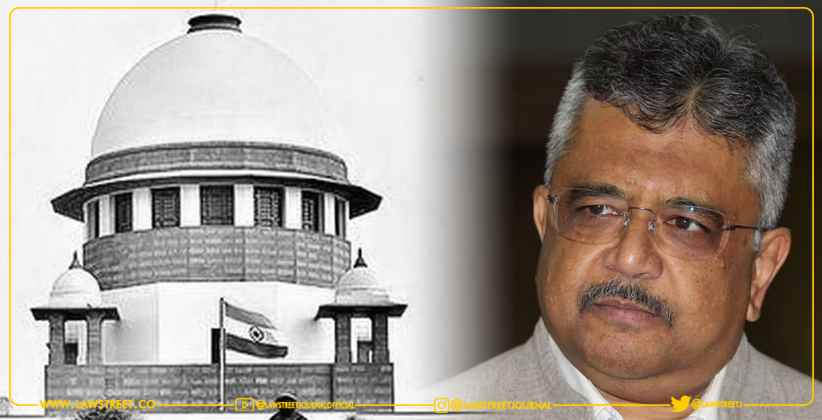Solicitor general of India, Tushar Mehta urged that in view of the international conventions for tackling money laundering to which India is party, the consequent 'peer reviews' and the implications of non-compliance, the Supreme Court may want to put off deciding the validity of PMLA, and the traditional standards which it employs in analysing the constitutionality of any other conventional statutes.
The Solicitor General told the bench Your Lordships are dealing with a statute which is not just a penal statute but a preventive statute, a regulatory statute providing for investigation and final prosecution. There is a heavy responsibility that we the counsel appearing for the government carry with us. The responsibility I carry on behalf of the government of India is onerous because this Act is not a standalone Act which can be judged the way conventionally the honourable courts are judging penal statutes. The reason is that India is a part of a global anti-money-laundering network. Various conventions to which India is a party, India is a member, a sign required all member states to bring their respective money laundering law in tune with each other because the global community found that money laundering is such a menace which cannot be tackled or treated at individual country level, it will have to be a global response. That gave several guidelines as to how the definition is to be framed, what should be the regime etc.
The SG also attempted to dispel the notion that PMLA has become an unreigned horse (belagaam ghoda) as pointed out by Kapil Sibal. "For the purpose of ensuring that nobody becomes a 'belagaam ghoda', we are expected to be strict by the global community and we are strict as a nation. As on date, 4700 cases have been investigated right from the inception till date by ED. The number of cases taken up for investigation each year in the last five years varied from 111 cases in 2015-16 to 980 in 2020-21. This is just to satisfy your lordships' conscience that you are not dealing with anything that has become so harsh or over-encroaching upon the liberties of the citizens. Right from 2002, the year in which the PMLA act was enacted, till date, there are only 313 arrests in 20 years. The reason is very strict statutory safeguards, he told the bench.
The SG indicated the FATF's recommendation that where countries apply a threshold approach, predicate offence should at a minimum comprise of all offences punishable by a maximum penalty of more than one year imprisonment. "So, the four years is now one year- the tolerance level of the global community against money laundering is getting low. It has become 6 months also (for those countries that have a minimum threshold for offences in their legal system, said the SG.






